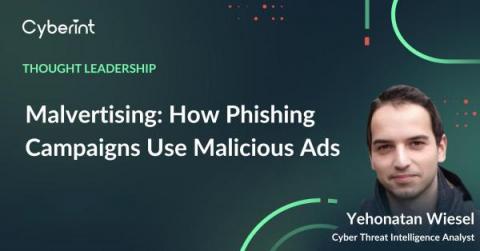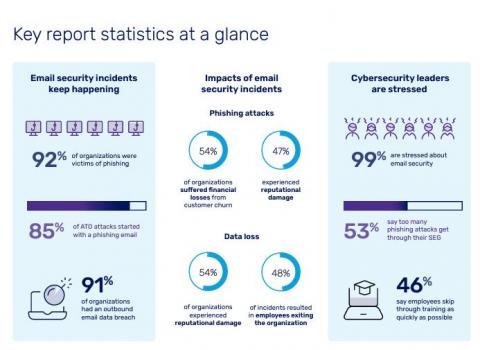What is whaling?
Enhancements to network security within organizations have made it harder for threat actors to penetrate networks and systems. As a result, people have become the primary target for cyberattacks, with email providing the most effective mechanism for launching these attacks. This leads to all employees within an organization being frequently targeted by phishing attacks.








